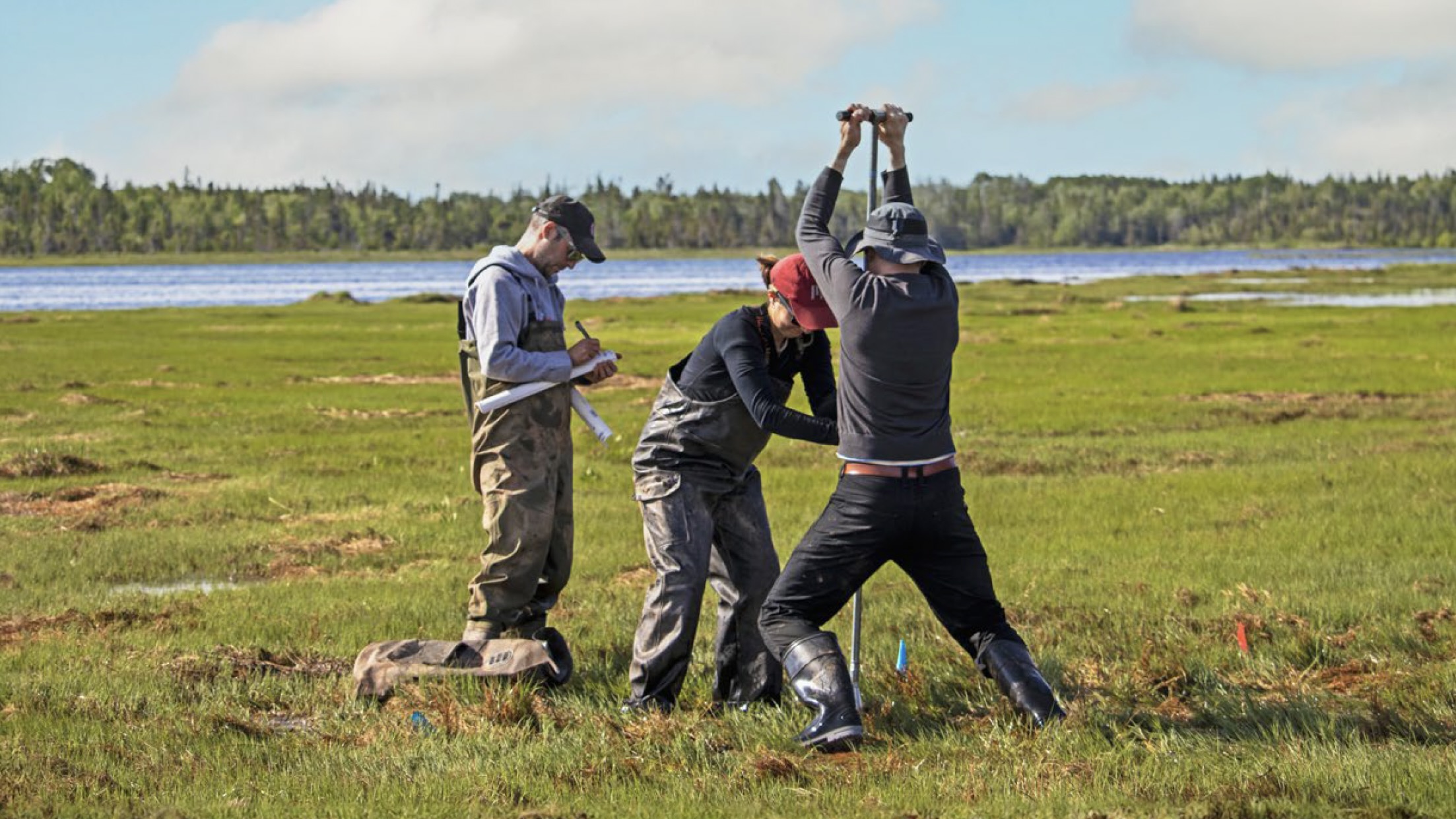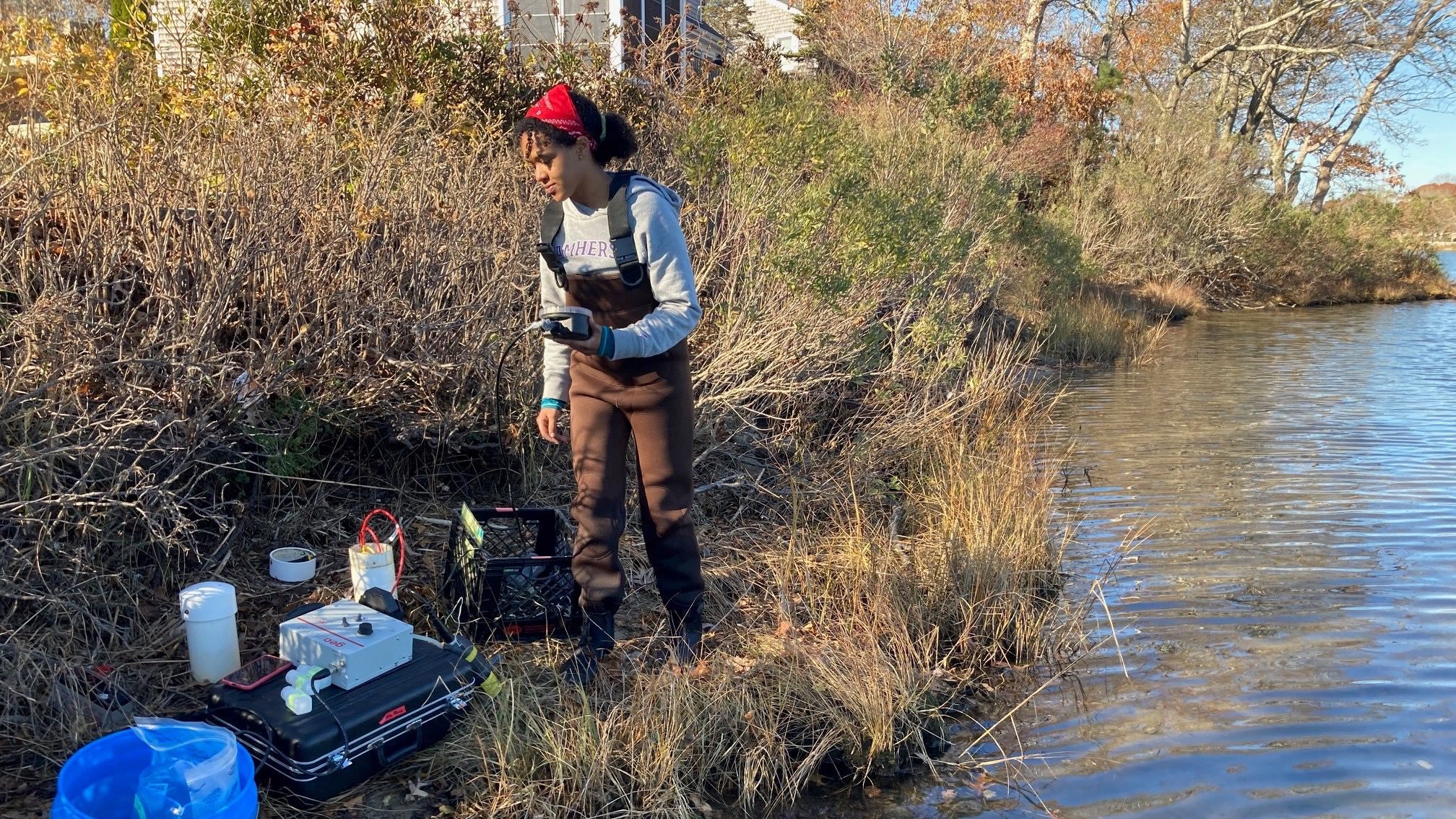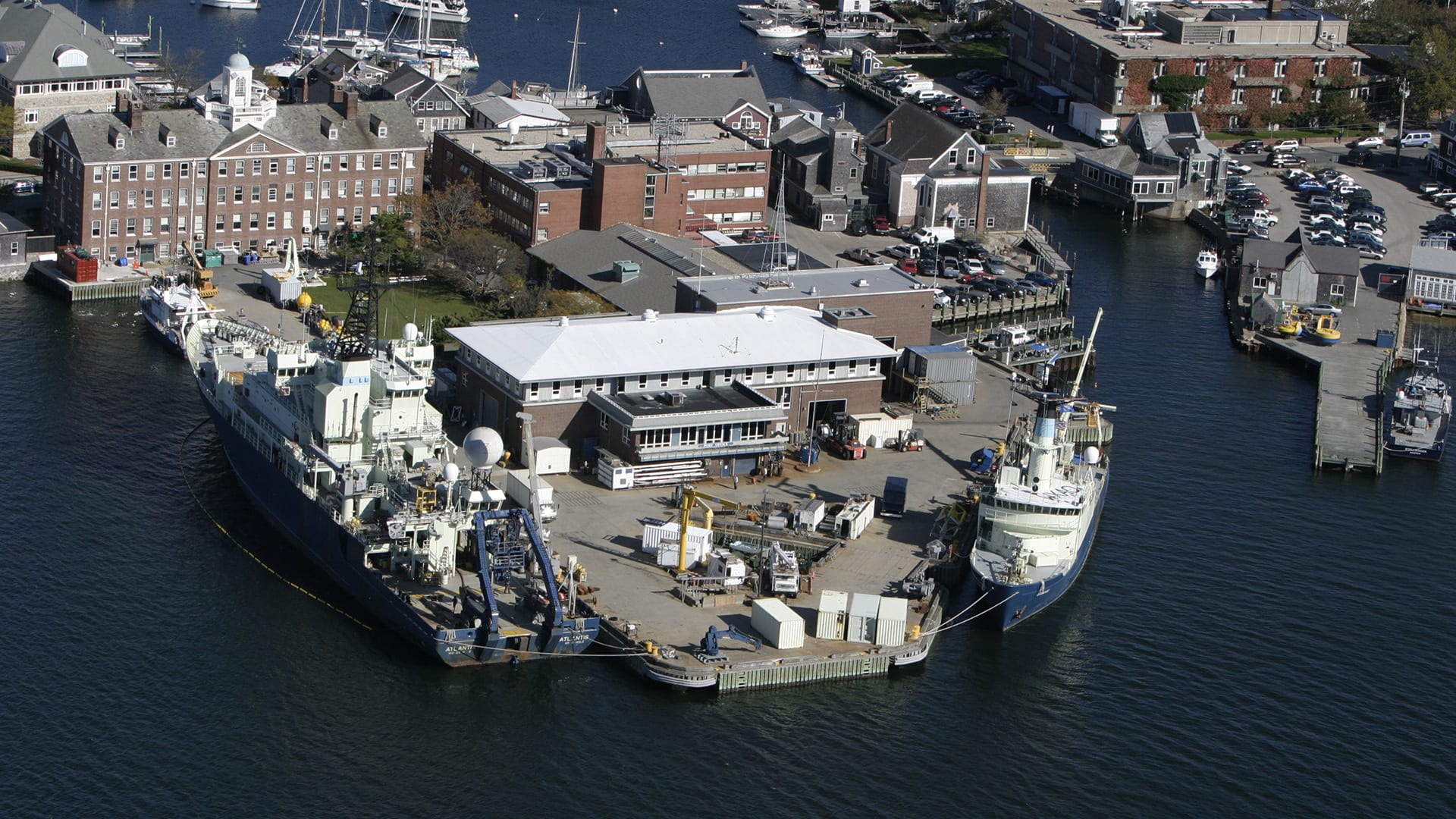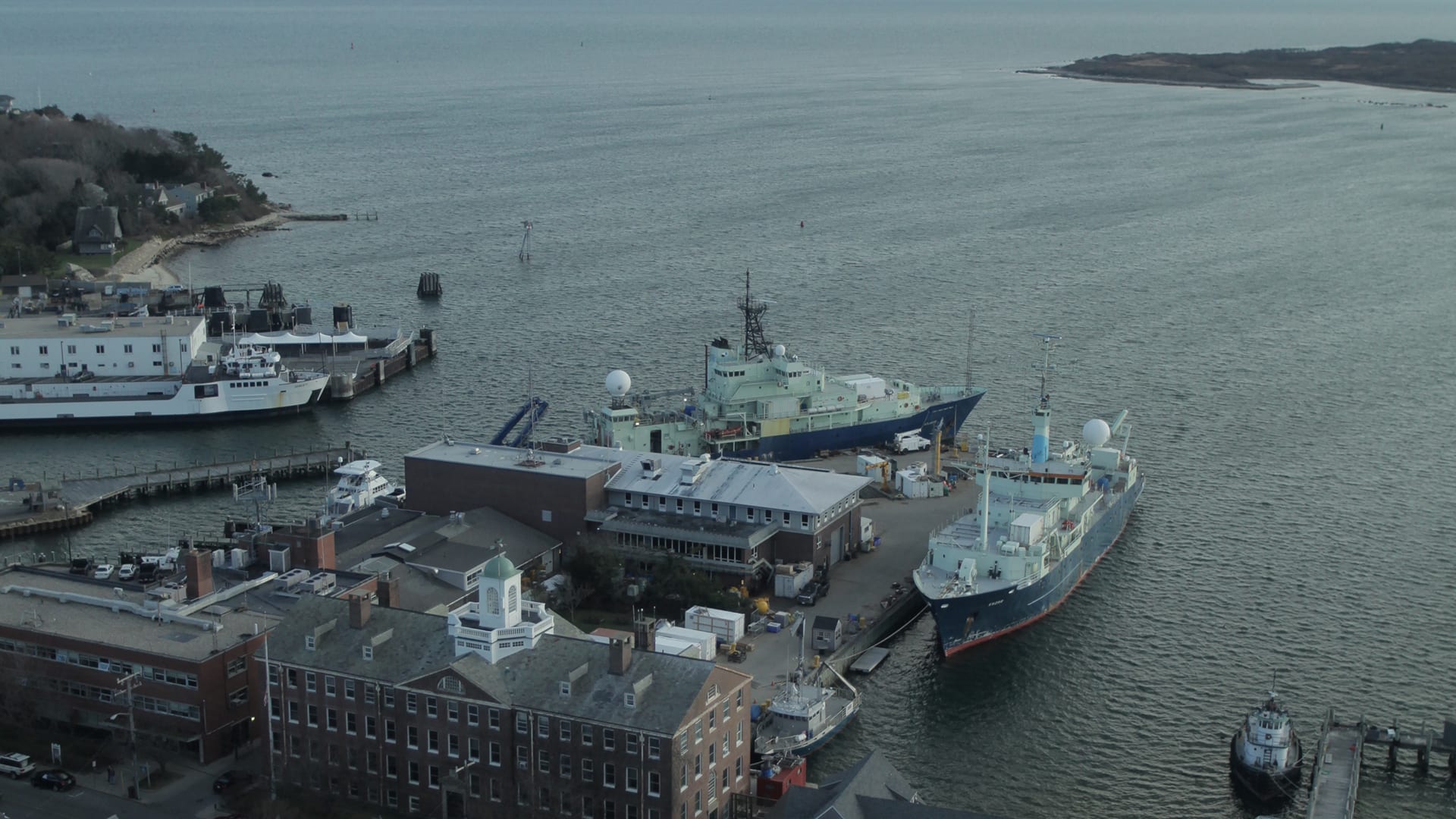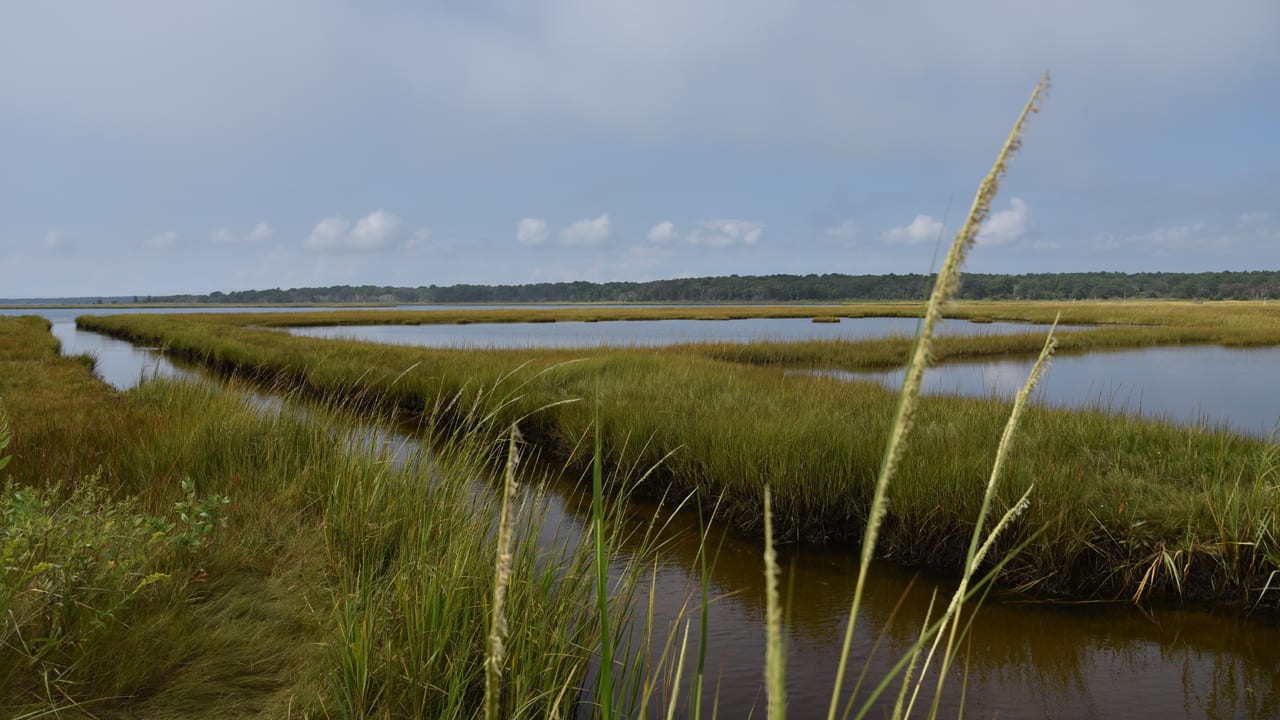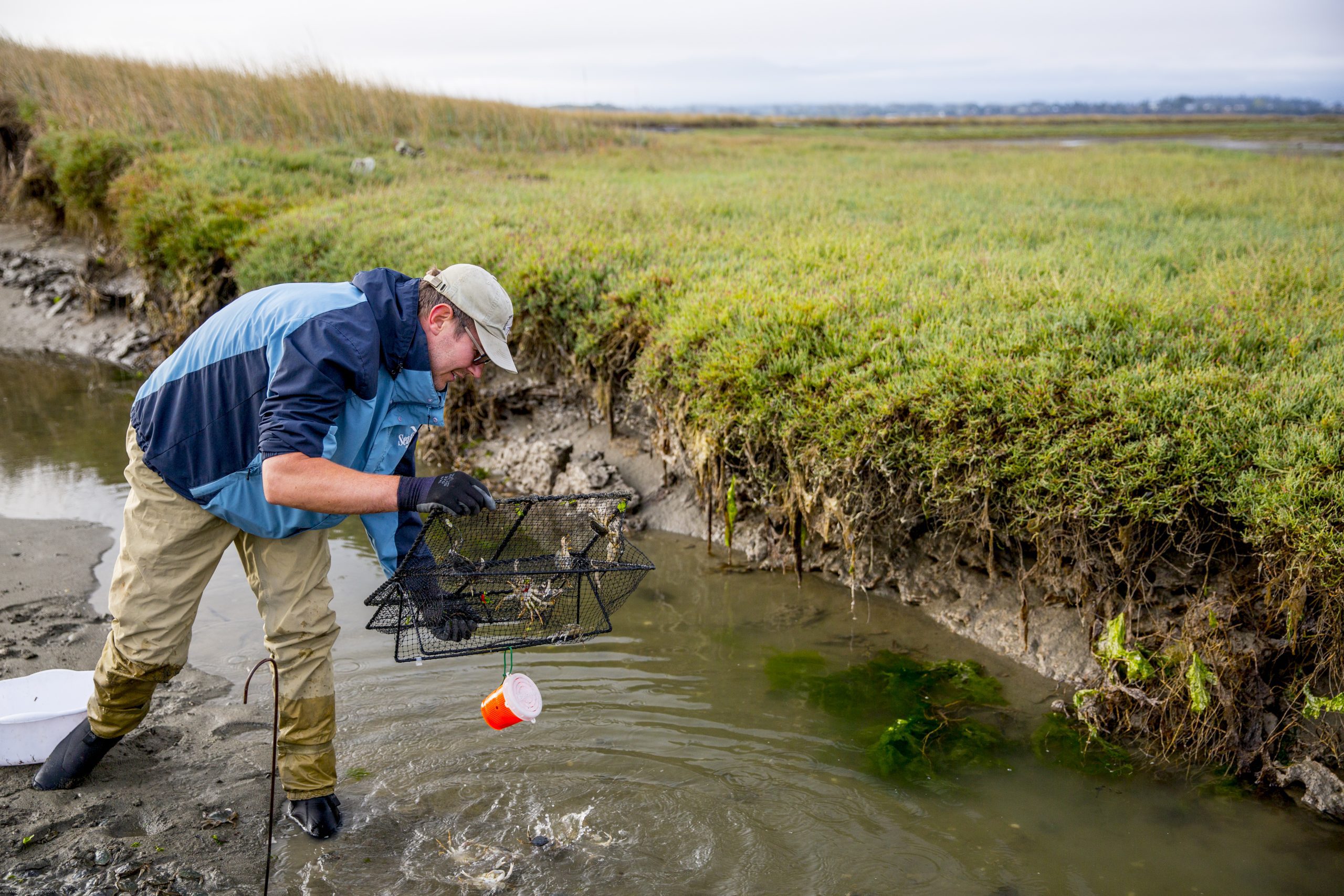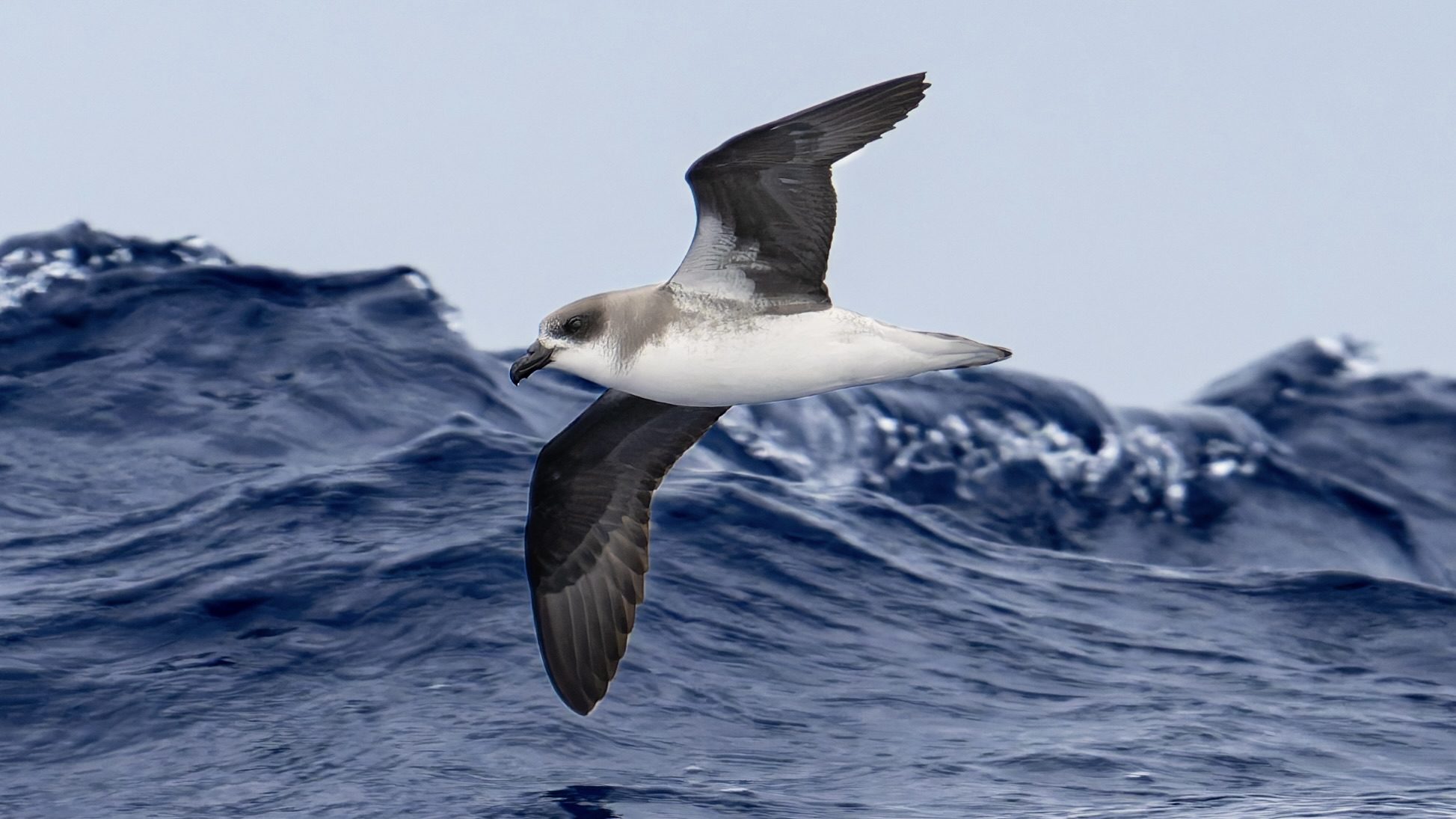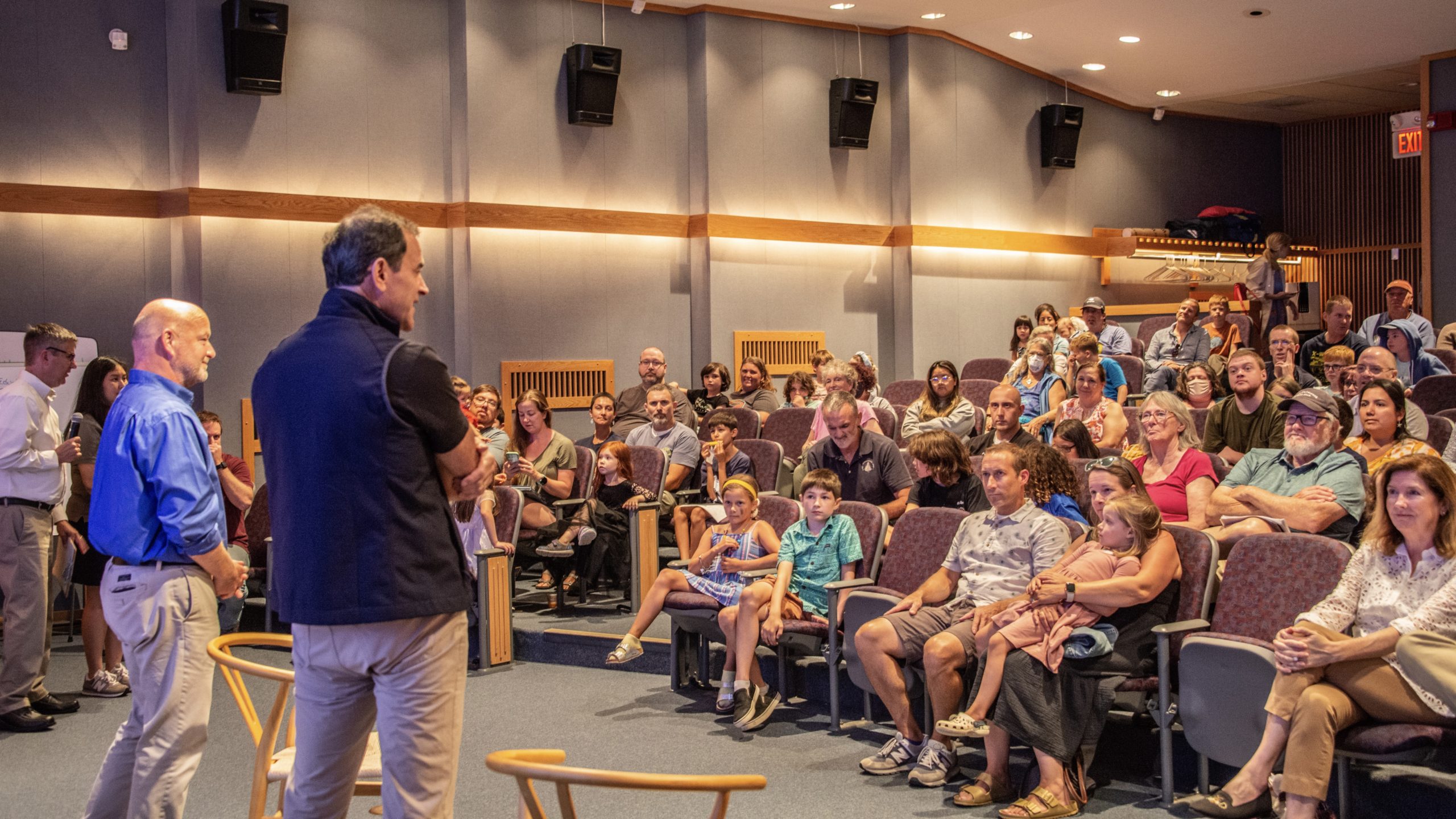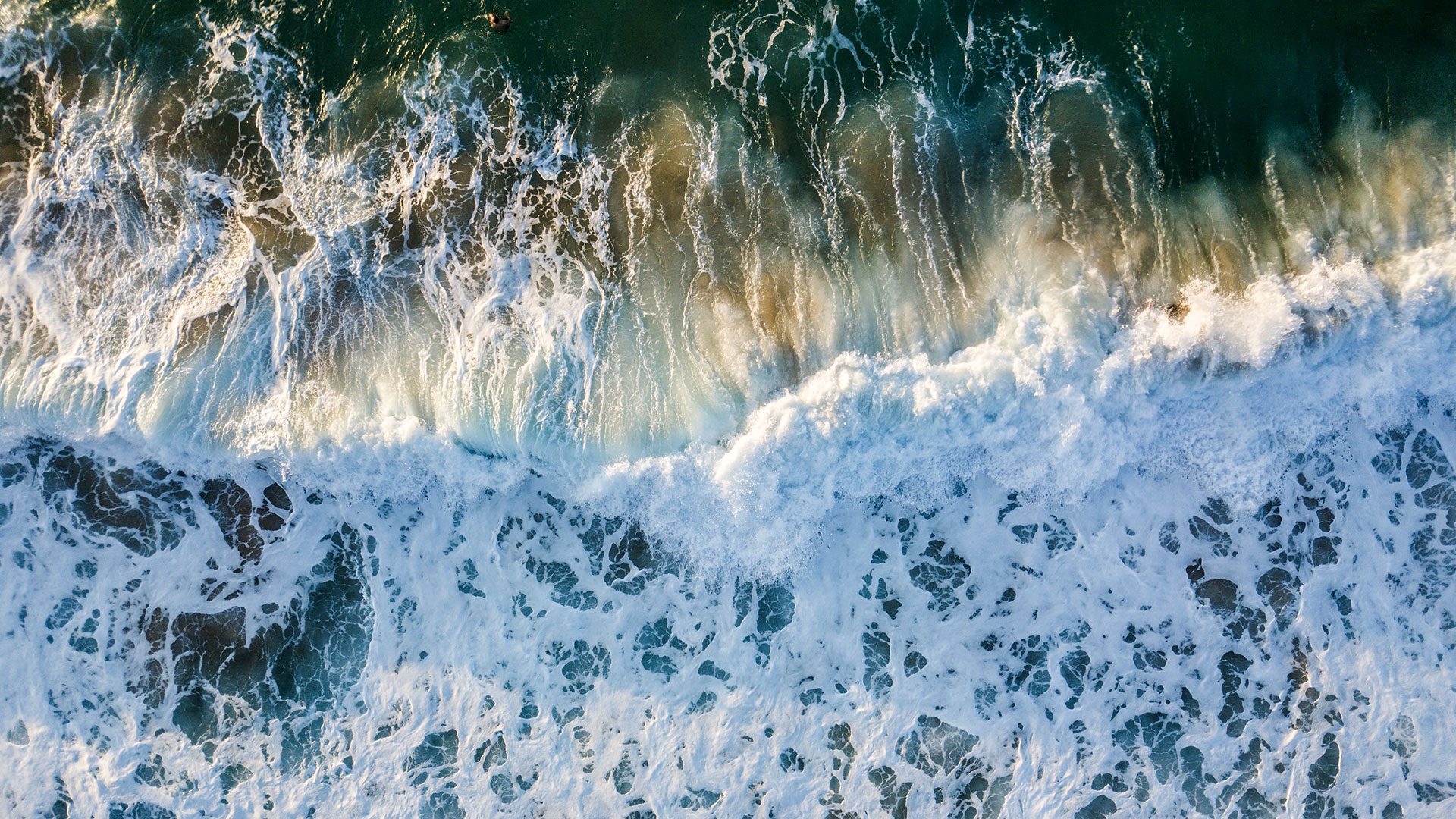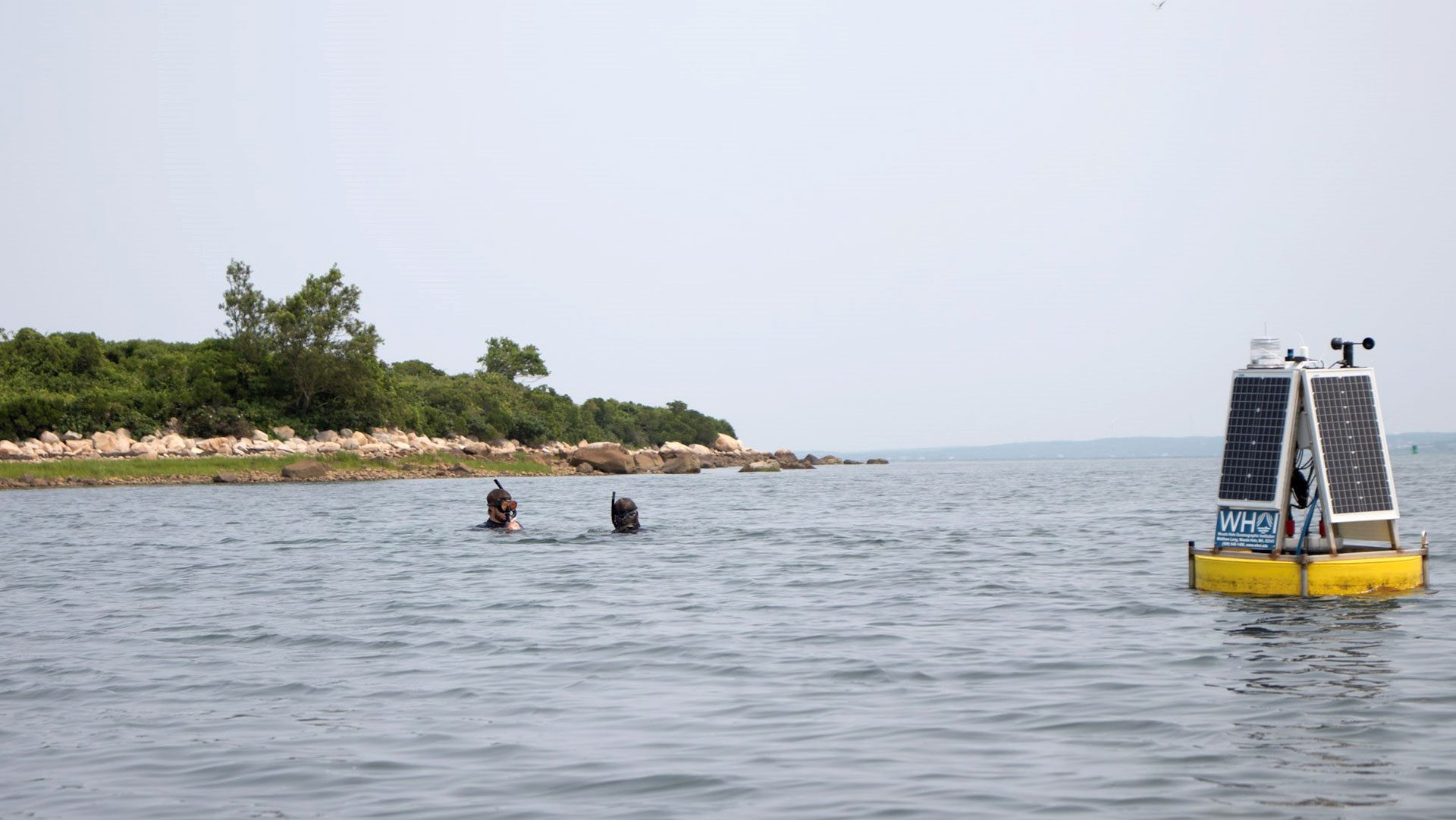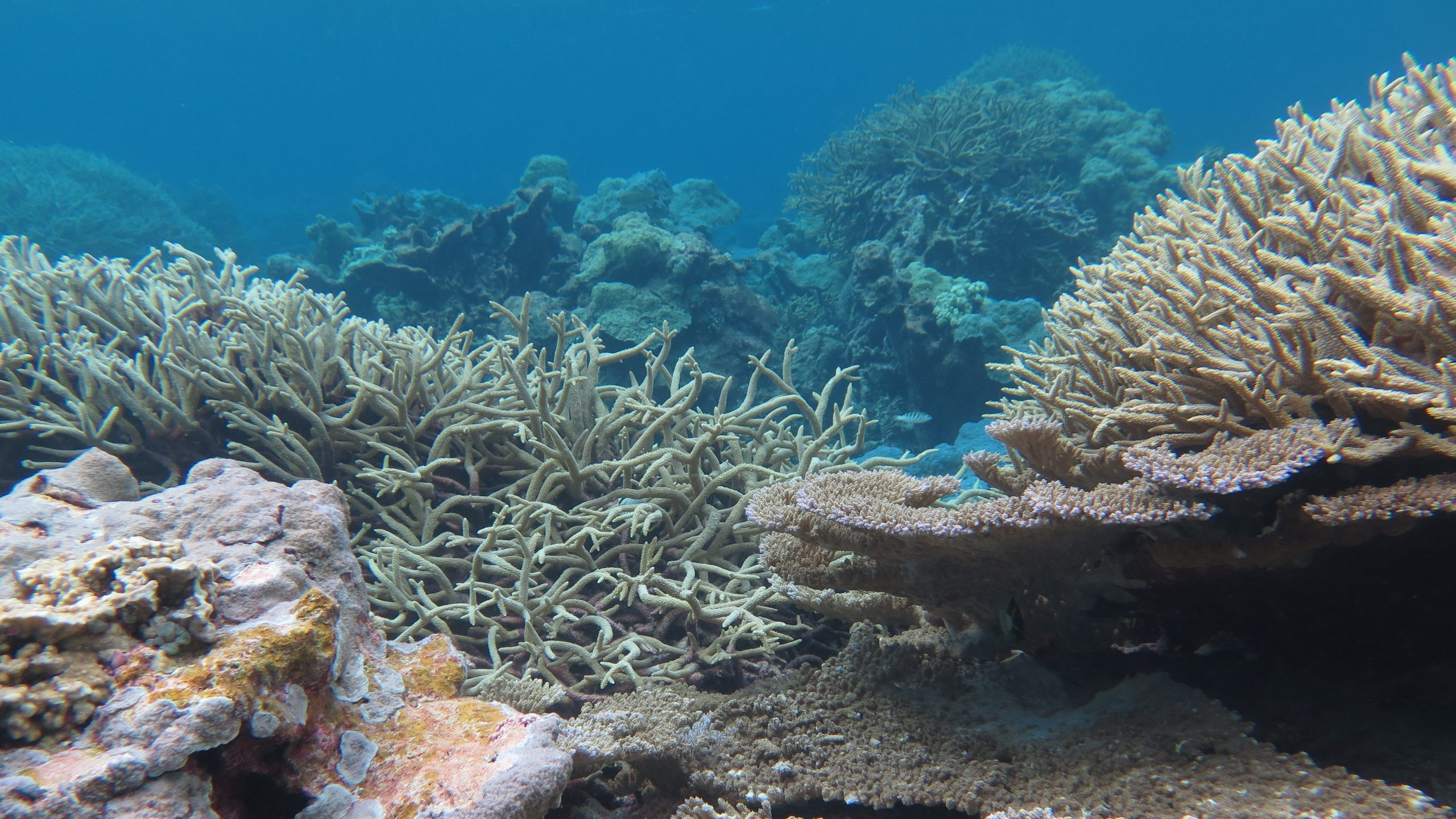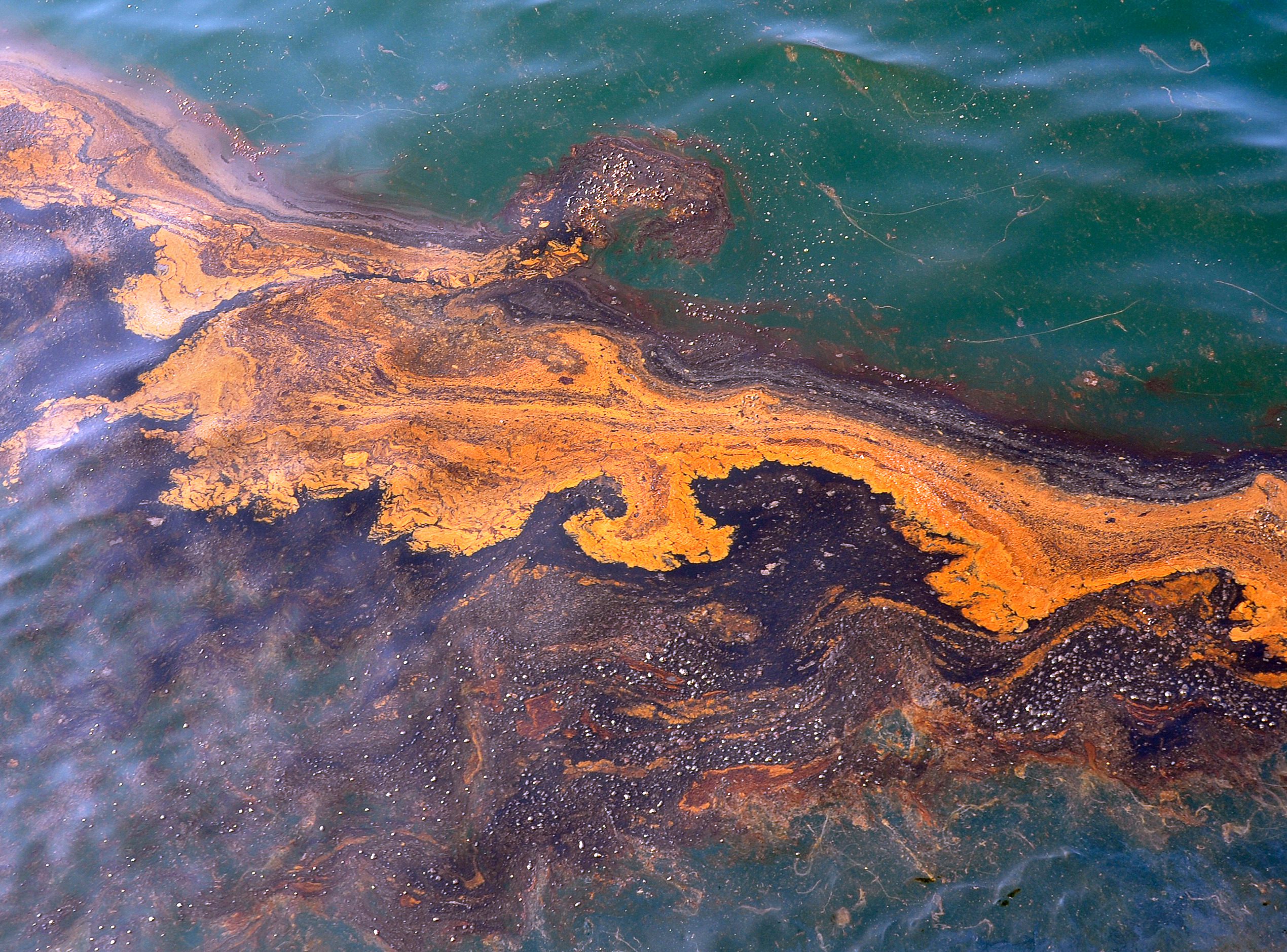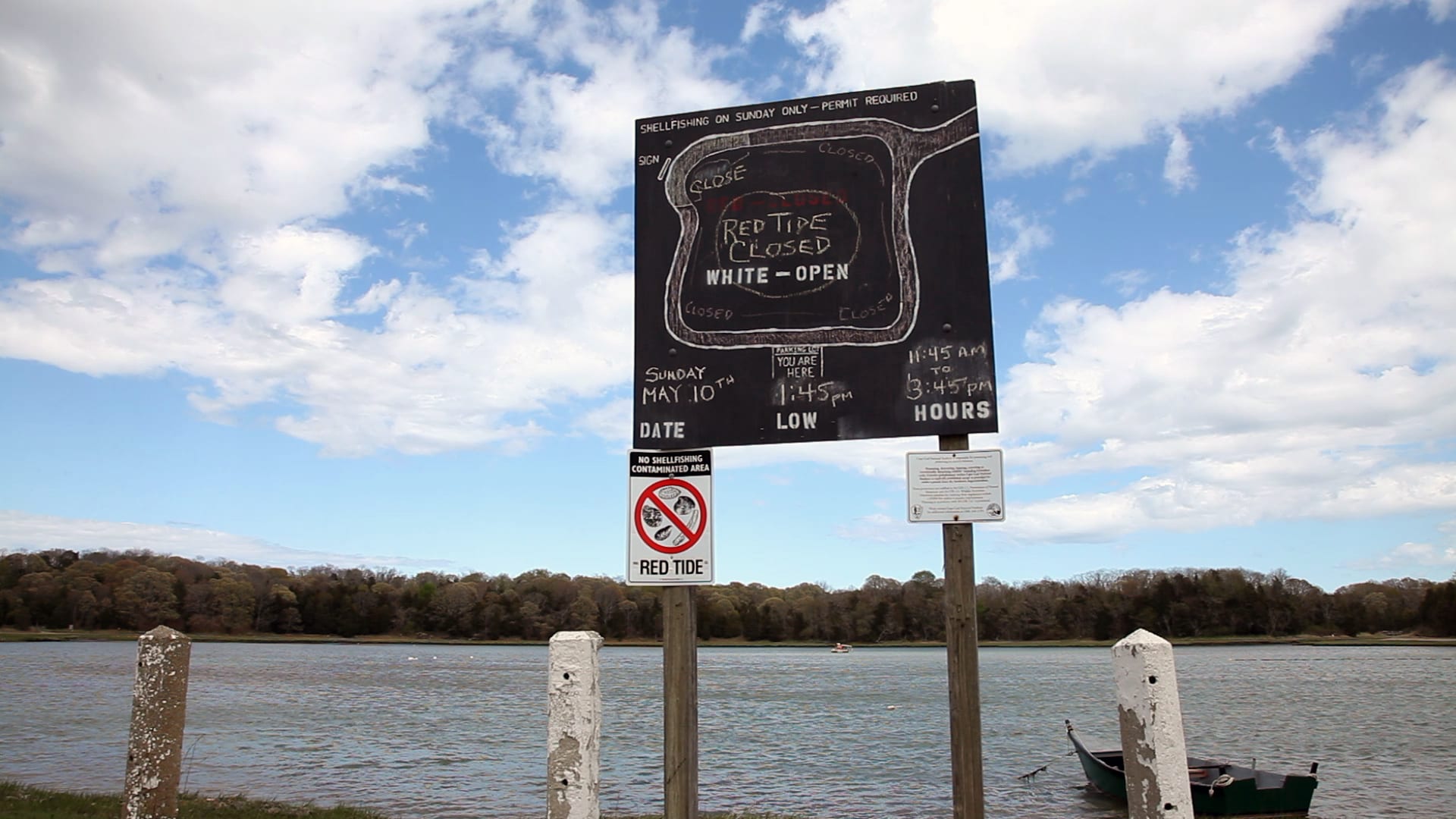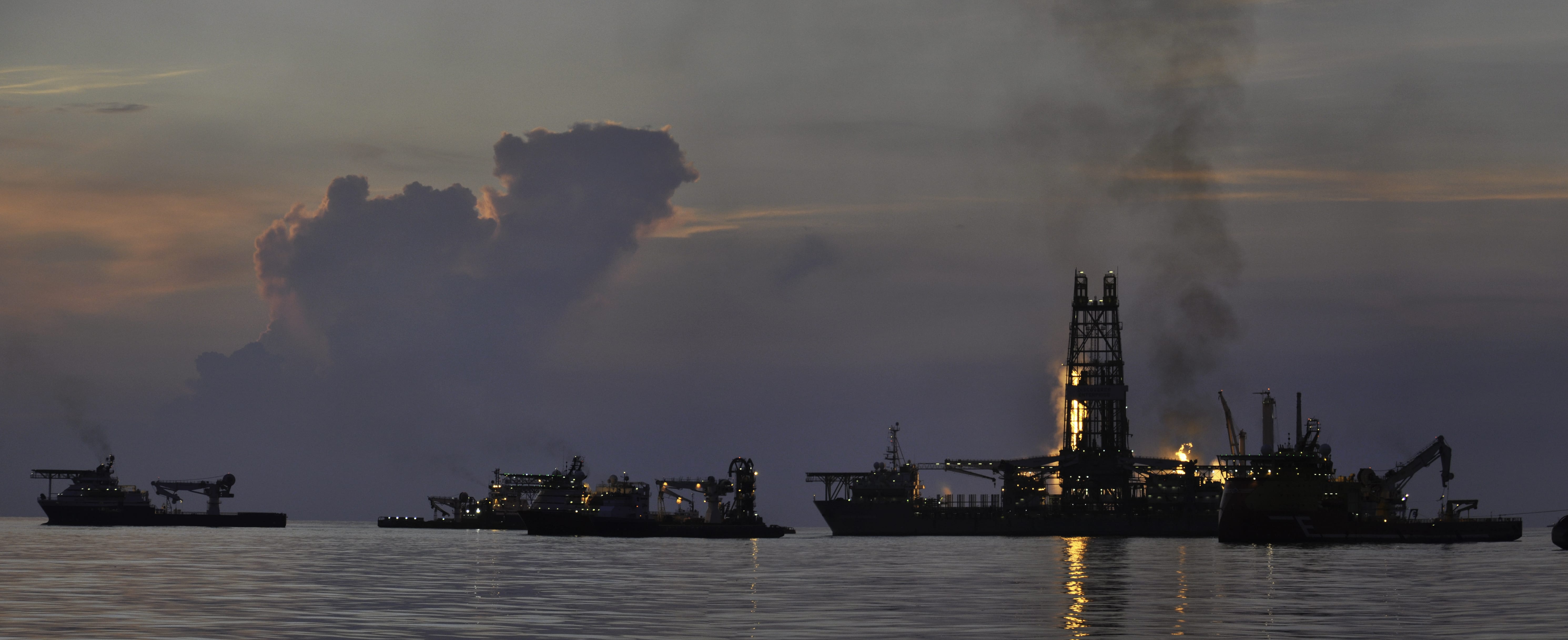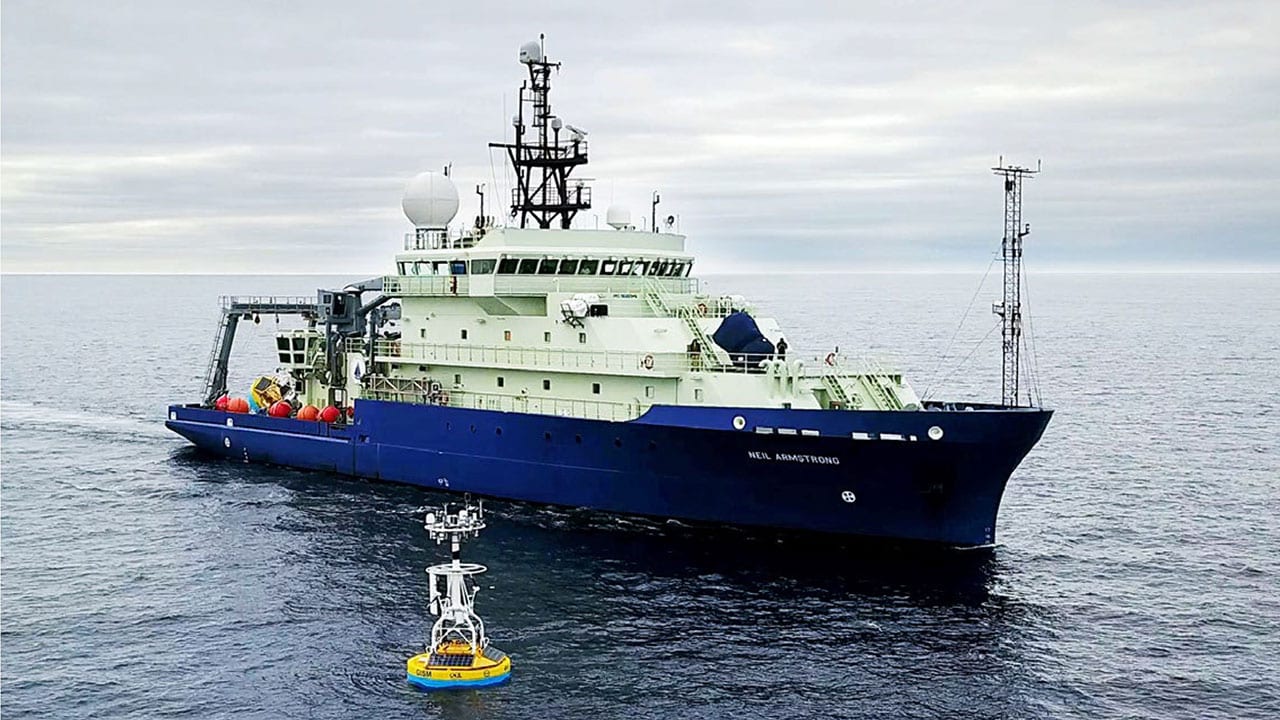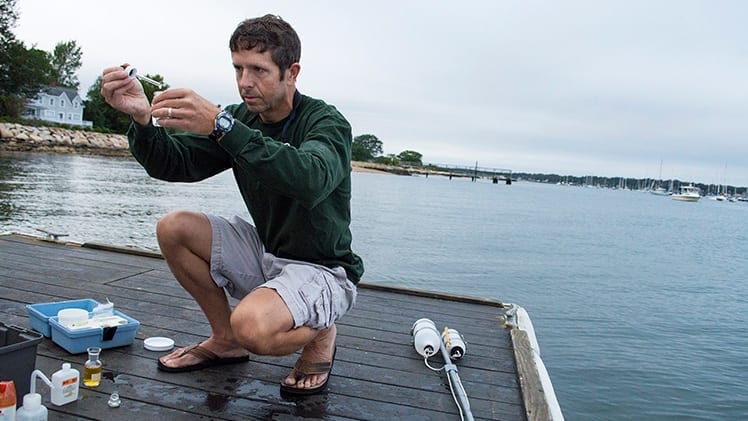News Releases
A new report on coastal resilience
New report released during NY Climate Week and upcoming UN General Assembly high-level plenary meeting on threats posed by sea level rise
Read MoreWHOI Sea Grant commits $1.7 million to coastal research
The funding will support five major projects from watershed contaminant monitoring to data collection for sustainable fisheries and more
Read MoreCINAR Names Four New Fellows in Quantitative Fisheries and Ecosystems Science
The goal of the fellowship program is to engage early-career scientists in research that supports the training and education in the he assessment and management of living marine resources in the Northeast U.S.
Read MoreCINAR Fellows in Quantitative Fisheries and Ecosystems Science Announced
The Cooperative Institute for the North Atlantic Region (CINAR), led by the Woods Hole Oceanographic Institution, and the Northeast Fisheries Science Center are pleased to announce the appointment of five…
Read MoreWoods Hole Sea Grant Awards Funds to Six New Coastal Projects
The Woods Hole Sea Grant program has awarded researchers from WHOI and other Massachusetts academic organizations funds for new projects, representing a total anticipated investment of nearly $1.5 million.
Read MoreRhode Island Oceanographer, Professor Chosen to Receive Ketchum Award for Coastal Science
The Woods Hole Oceanographic Institution (WHOI) has chosen Candace Oviatt, a professor of oceanography at the University of Rhode Island (URI), as the recipient of the 2015 Bostwick H. Ketchum Award.
Read MoreWoods Hole Oceanographic Institution Announces Selection of Teledyne Webb Research to Provide Coastal Gliders for Ocean Observatories Initiative (OOI)
The Woods Hole Oceanographic Institution (WHOI) and the Consortium for Ocean Leadership (OL) announced Teledyne Webb Research, of East Falmouth, Mass., will provide coastal gliders supporting the Pioneer and Endurance…
Read MoreWoods Hole Oceanographic Institution Will Lead Coastal and Global Observatories Effort
A Cooperative Agreement signed today by the National Science Foundation (NSF) and the Consortium for Ocean Leadership (OL) gives Woods Hole Oceanographic Institution (WHOI) and its partners approval to begin…
Read MoreAcid Rain Has a Disproportionate Impact on Coastal Waters
The release of sulfur and nitrogen into the atmosphere by power plants and agricultural activities plays a minor role in making the ocean slightly more acidic on a global scale, but the impact is greatly amplified in the shallower waters of the coastal ocean, according to new research by atmospheric and marine chemists.
Read MoreWoods Hole Oceanographic Institution Will Lead Partnership to Establish Coastal and Global Observatories for Ocean Observatories Initiative
The Joint Oceanographic Institutions (JOI) has awarded a $97.7 million contract to an academic partnership led by the WHOI to support the development, installation, and initial operation of the coastal and global components of the National Science Foundation?s Ocean Observatories Initiative (OOI). The WHOI partnership includes Scripps Institution of Oceanography at the University of California, San Diego, and Oregon State University?s College of Oceanic and Atmospheric Sciences.
Read MoreUrban civilization rose in Southern Mesopotamia on the back of tides
A newly published study challenges long-held assumptions about the origins of urban civilization in ancient Mesopotamia
Read MoreResearchers to map the genome of the invasive European green crab
Washington Sea Grant will work with Washington Department of Fish and Wildlife and the Woods Hole Oceanographic Institution to shed light on a highly invasive species
Read MoreGroundbreaking Study Reveals Oceanic Seabirds Chase Tropical Cyclones
A new study reveals that the rare Desertas Petrels, a wide-ranging seabird in the North Atlantic, exhibit unique foraging behaviors during hurricane season.
Read MoreYawkey Foundation and WHOI present: Ocean & Climate Outreach Series
Looking for a fun, free, interactive way to learn more about the mysteries of the ocean? WHOI & the Yawkey Foundation present the 2024 Ocean and Climate Outreach Series.
Read MoreWHOI Awarded Funding to Support Research and Development of Marine Carbon Dioxide Removal
WHOI researchers are among the 17 projects that have been awarded funding by NOAA’s Ocean Acidification Program on behalf of the National Oceanographic Partnership Program (NOPP).
Read MoreExcess Nutrients Lead to Dramatic Ecosystem Changes in Cape Cod’s Waquoit Bay
The Bay Is a harbinger for estuaries worldwide, say researchers
Read More“Digital Reefs” awarded $5 million
The National Science Foundation (NSF) has awarded Woods Hole Oceanographic Institution (WHOI) $5 million to participate in NSF’s ground breaking Convergence Accelerator Program. The project, led by WHOI scientist Anne Cohen, builds the world’s first Coral Reef Digital Twin, a 4-dimensional virtual replica of a living coral reef powered by state-of-the art data and models.
Read MoreDissolving oil in a sunlit sea
A team of Woods Hole Oceanographic Institution (WHOI) researchers discovered that nearly 10 percent of the oil floating on the Gulf after the Deepwater Horizon disaster was dissolved into seawater by sunlight – a process called “photo-dissolution”. The findings were published today in the paper “Sunlight-driven dissolution is a major fate of oil at sea” in Science Advances.
Read MoreWHOI to Launch New Center for Ocean and Climate Research
Today WHOI announced the establishment of the Francis E. Fowler IV Center for Ocean and Climate to seek new knowledge and solutions at the intersection of oceanography and climate science. A generous gift from Francis E. Fowler, IV established the center and will enable it to immediately commence operations.
Read MoreWHOI receives NOAA awards to study, predict harmful algal blooms
Projects will help enhance monitoring and determine socioeconomic impacts of blooms nationwide Researchers at Woods Hole Oceanographic Institution (WHOI) were recently named in a list of 17 new research projects…
Read MoreWhat did scientists learn from Deepwater Horizon?
Ten years after the Deepwater Horizon explosion caused the largest accidental marine oil spill in history, WHOI marine geochemists Elizabeth Kujawinski and Christopher Reddy review what they— and their science colleagues from around the world—have learned.
Read MoreNSF Awards Contract to Group Led by WHOI to Continue Operation of Ocean Observatories Initiative
The National Science Foundation (NSF) announced that it has awarded a coalition of academic and oceanographic research organizations a five-year, $220 million contract to operate and maintain the Ocean Observatories…
Read MoreStudy Reveals Climate Change Impacts on Buzzards Bay
Utilizing 22 years of data collected by a network of citizen scientists, researchers from the Woods Hole Oceanographic Institution (WHOI) and their colleagues at the Buzzards Bay National Estuary Program, the Buzzards Bay Coalition, and the Marine Biological Laboratory found that average summertime temperatures in embayments throughout Buzzards Bay warmed by almost 2 degrees Celsius—roughly 4 degrees Fahrenheit.
Read MoreUltrasounds for Coral Reefs?
In a study, published Aug. 6, 2015 in Marine Ecology Progress Series, scientists at Woods Hole Oceanographic Institution (WHOI) used low-cost autonomous underwater recorders over four months to collect “soundscapes” of reefs in in the U.S. Virgin Islands. They showed how the collective sound recordings of reef inhabitants painted vivid pictures of the reefs’ abundance and diversity.
In a second study, published the same day in Marine Pollution Bulletin, the researchers recorded boat noise—showing how it could mask vital sounds that organisms make to reproduce, feed, and find new homes. They also demonstrated how underwater recorders could help marine managers keep an ear on potentially disruptive human activity in far-off locations.
Read More
